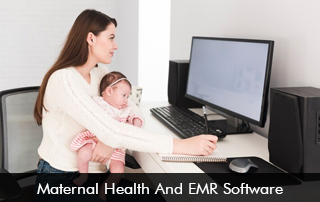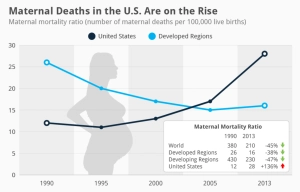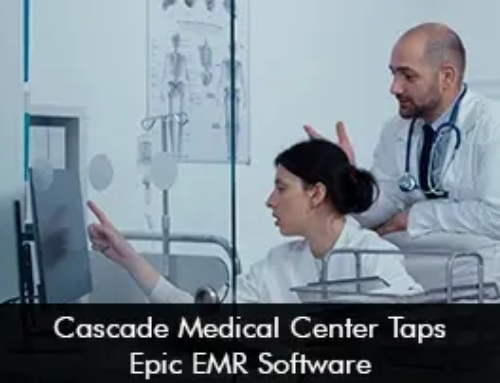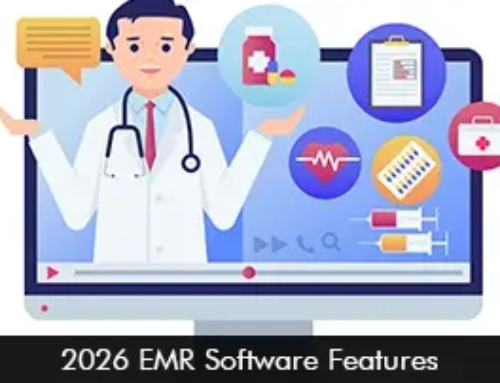Every day, women face various challenges during pregnancy, childbirth, and the postpartum period. However, in recent years, EMR software integration has sought to provide solutions to address these challenges. This blog explores the intersection of maternal health and EMR software, highlighting its potential to improve maternal health outcomes.
The State of Maternal Health
Maternal health encompasses the physical, mental, and social well-being of women during pregnancy, childbirth, and the postnatal period. Despite significant progress in reducing maternal mortality rates globally, stark disparities persist, with women in low-income countries facing a disproportionately higher risk of maternal death. Complications such as hemorrhage, hypertensive disorders, and infections remain leading causes of maternal mortality, underscoring the urgent need for comprehensive maternal health services.
Challenges in Maternal Health Care
Several factors contribute to the challenges faced in maternal health care delivery:
Access to Care
Many women, particularly those living in rural or remote areas, face barriers to accessing maternal health services due to geographical distance, lack of transportation, and limited healthcare infrastructure.
Quality of Care
Disparities in the quality of maternal health care persist, with variations in service availability, provider competency, and adherence to clinical guidelines contributing to adverse outcomes.
Information Management
Traditional paper-based medical records are often fragmented, incomplete, and prone to errors, hindering effective communication and coordination of care among healthcare providers.
The Role of EMR Software in Maternal Health
Electronic Medical Record (EMR) software offers a digital solution to the challenges encountered in maternal healthcare delivery:
Comprehensive Data Management
EMR software enables the electronic capture, storage, and retrieval of patient information, including prenatal history, antenatal visits, laboratory results, and delivery records. This comprehensive data management facilitates continuity of care and enables healthcare providers to make informed clinical decisions.
Real-Time Access to Information
Healthcare providers can access patient records securely from any location with an internet connection, ensuring timely access to critical information during emergencies, labor and delivery, and postpartum care.
Decision Support Tools
EMR software often includes built-in decision support tools, such as clinical guidelines, reminders, and alerts, to assist healthcare providers in adhering to best practices and evidence-based protocols.
Care Coordination
EMR software facilitates seamless communication and collaboration among multidisciplinary care teams, including obstetricians, midwives, nurses, and support staff. This interdisciplinary approach improves care coordination, reduces duplication of services, and enhances the overall quality of care.
Monitoring and Surveillance
EMR software enables healthcare providers to monitor maternal health indicators, track trends over time, and identify high-risk pregnancies early. This proactive approach to surveillance allows for timely interventions and preventive measures to mitigate complications and improve maternal outcomes.
EMR Software Case Studies and Success Stories
Numerous initiatives worldwide have demonstrated the transformative impact of EMR software on maternal health outcomes:
- In rural Uganda, the implementation of EMR software in maternal health clinics improved data accuracy, streamlined workflow processes, and facilitated timely referrals for high-risk pregnancies, resulting in a reduction in maternal mortality rates.
- In Bangladesh, mobile-based EMR systems have been deployed to track antenatal care visits, monitor maternal health indicators, and provide real-time decision support to frontline healthcare workers, leading to improved maternal and neonatal health outcomes in underserved communities.
- In urban settings, integrated EMR platforms have been instrumental in supporting comprehensive maternal health services, including family planning, prenatal care, skilled birth attendance, and postpartum support, ensuring continuous care for women throughout the reproductive lifecycle.









